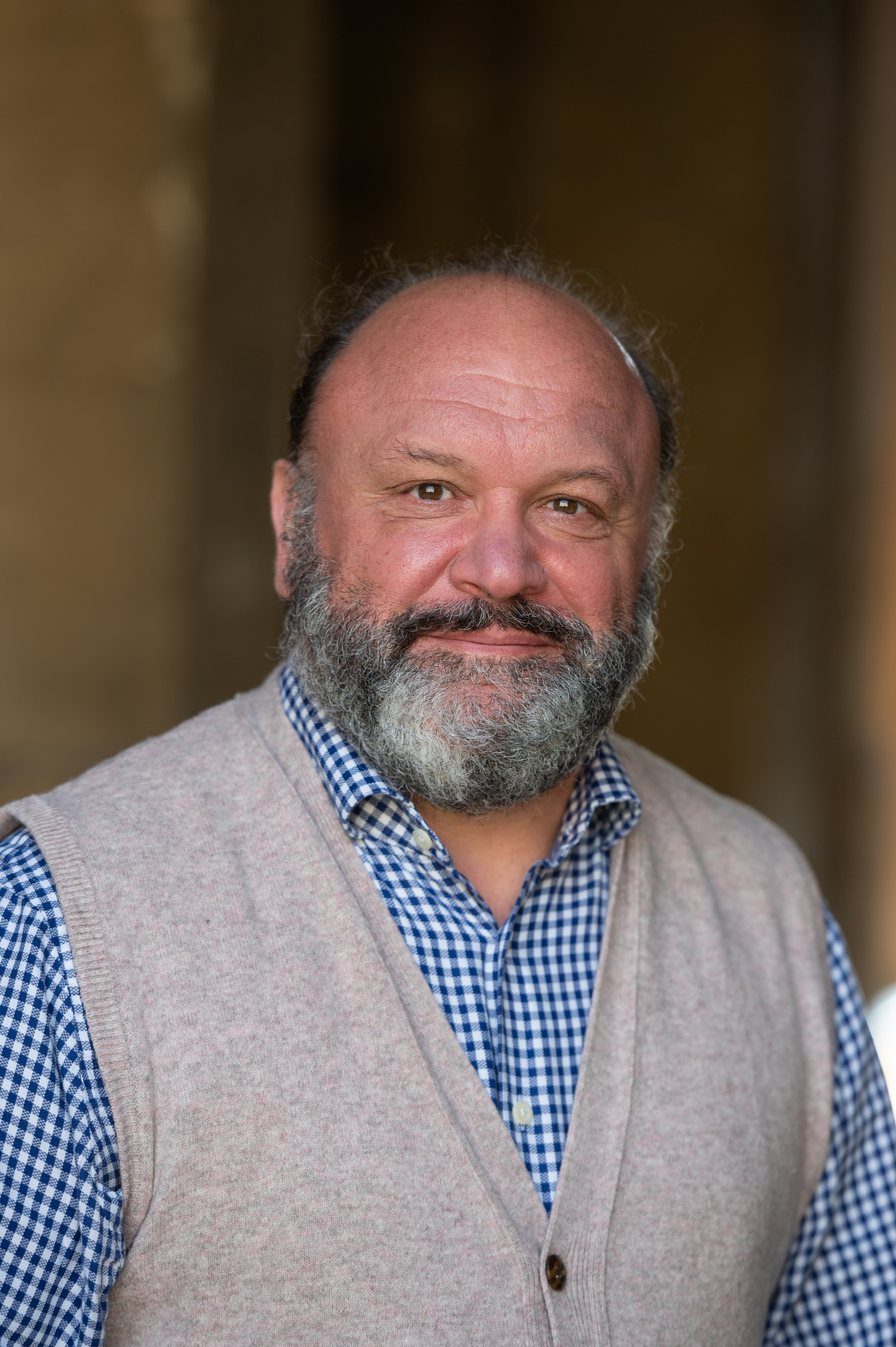On this page, all members of College can find links for booking lunch, access to University services, and IT guidance.
- SCR Meal Booking System
- JCR and MCR Meal Booking System
- Financial Support Forms – grants and financial assistance
- SharePoint for The Queen’s College
- Abbreviated GB minutes
Oxford University Services
- Nexus365 – Oxford University Email System
- For more information about Nexus365 and how to setup your devices go to: https://help.it.ox.ac.uk/nexus365/index
- Canvas – Virtual Learning Environment (VLE)
- SOLO – Search Oxford Libraries Online
- Inspera – Oxford Online Assessment Platform
Update your skills
- Molly – IT Learning Centre’s collection of online courses and resources
- LinkedIn Learning – not just IT skills
- Oxford University IT Learning Portfolio
Managing your Oxford University Accounts
- Activate / Reset your OXFORD SSO account – used for Nexus365 / Canvas / SOLO
- Register / Reset your REMOTE ACCESS account – used for Eduroam / OWL / VPN / College wired network registration
- Register MFA method – https://mysignins.microsoft.com/security-info
- Register an alternative (emergency) contact email address – just in case your account gets compromised or Nexus365 service is disrupted
- When does your password actually expire? – Check your OXFORD SSO and REMOTE ACCESS password expiry date
Getting Connected
- Eduroam Wireless network and wired connection
- Download the Eduroam CAT
- Printing to College Office Photocopier
New to The Queen’s College and Oxford?
Email security and phishing
- Queen’s IT Office Blog – https://it.queens.ox.ac.uk/email/phishing/
- University Information Security Team (InfoSec) – https://www.infosec.ox.ac.uk/phishing
Queen’s now

Fellow in Mathematics appointed Fellow of the Academy for the Mathematical Sciences

Current student is Musical Director of Sondheim’s ‘Company’ at Oxford Playhouse’

Provost elected Fellow of the Royal Economic Society

Queen’s launches digital guide on Bloomberg Connects

21
FEB
Choir concert: Vivaldi and Handel

7
MAR
The Crown of Life: choir CD Launch Concert
What’s for lunch?
- No Lunch Today




“Wonderfully terrifying.”
That’s how second-year Music student Tom Constantinou describes conducting Sondheim’s ‘Company’ at the Oxford Playhouse this January.
From leading a 14-piece jazz band in the pit to navigating the acoustics of a professional theatre, all while balancing an Oxford degree, Tom shares his experience and tells us how singing in the Choir of The Queen's College, Oxford helped prepare him.
Read Tom’s story. 🎼✨ ow.ly/n07o50Yej28
#MusicStudent #OxfordMusic #Sondheim #CompanyMusical #JazzBand #OxfordPlayhouse #StudentLife #QueensChoir ... See MoreSee Less
Senior Research Fellow Dr Frances Reynolds and former Queen's Research Fellow Dr Selena Wisnom (now Lecturer in the Heritage of the Middle East at the University of Leicester) appeared on BBC Radio 4’s ‘In Our Time’ this morning discussing the Code of Hammurabi which made such an impression in Mesopotamia that it was copied and shared for a millennium after his death: www.bbc.co.uk/sounds/play/m002r4v1.
#CodeOfHammurabi #MesopotamiaHistory #AncientLaw #HistoricalResearch #BBCInOurTime #AncientCivilizations ... See MoreSee Less
Could neutrinos change the future of dark matter research? ⚛️
In the latest episode of 'Even Bananas', Fellow in Physics Dr Kirsty Duffy is joined by dark matter hunter Dr Kimberly Palladino to tackle one of the biggest mysteries in modern physics.
Dark matter remains elusive but as experiments become more sensitive, neutrinos may start to interfere, creating a “neutrino fog” that could reshape how scientists search for answers.
'Even Bananas' breaks down cutting-edge physics with clarity and a sense of fun.
🎥 Watch the new episode on YouTube: ow.ly/pXaZ50Y9eSI
#Neutrinos #DarkMatter #PhysicsPodcast #EvenBananas #ScienceCommunication #PhysicsResearch #ModernPhysics #PhysicsForEveryone #PhysicsatOxford ... See MoreSee Less
We are excited to say that the Choir will be singing evensong at Salisbury Cathedral this evening! You can watch the service using the attached link. Please be aware that this stream is live only, and will not be available once the service ends.
If you are Oxford-based and still wish to attend a service at Queen's, a said Evening Prayer will be taking place in the Chapel at 6.30pm.
m.youtube.com/watch?v=HpBhDgT1Cx8&fbclid=IwVERDUAP5OJNleHRuA2FlbQIxMQBzcnRjBmFwcF9pZAo2NjI4NTY4Mz... ... See MoreSee Less